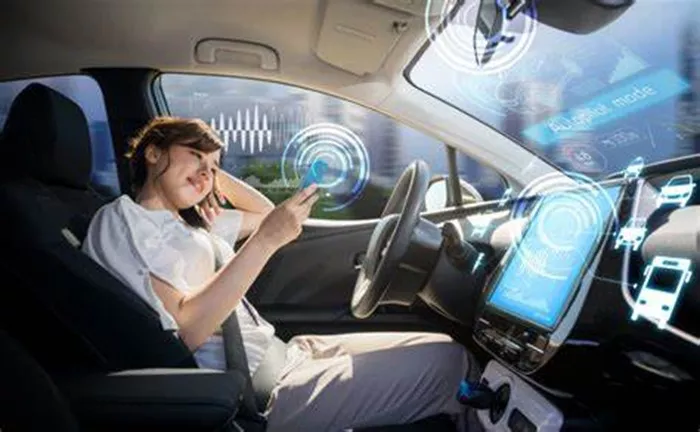Self-driving cars could reduce the number of accidents in the future and change the $400 billion U.S. auto insurance market. However, experts say this may not lead to cheaper insurance premiums right away.
A recent report from Goldman Sachs, cited by Bloomberg, explains that the risks insurers cover might change, but won’t simply vanish.
Goldman Sachs analyst Mark Delaney and his team wrote that autonomous technology could greatly reduce how often accidents happen over time. It could also change who is legally responsible when accidents occur.
Goldman Sachs predicts that insurance costs per mile will drop by more than half over the next 15 years, falling from about 50 cents per mile in 2025 to 23 cents in 2040. But they also expect overall insurance premiums to grow moderately for the next decade or more.
One reason for this is that newer cars with advanced technology cost more to repair. Even small accidents can be expensive. Mark Friedlander, spokesman for the Insurance Information Institute, said, “Even a minor fender bender is very expensive for many vehicles today.”
Progressive, a major auto insurer, warns customers that self-driving cars may not lower insurance rates. In fact, they might increase costs because of pricier repairs.
Autonomous vehicles also bring new risks, such as cyberattacks. Both Friedlander and Goldman analysts say this could lead to more demand for cyber insurance coverage.
Ajit Jain, the head of insurance at Berkshire Hathaway, expects big changes once self-driving cars become common. He told the company’s annual meeting that insurance now focuses mainly on driver mistakes—how often they happen and how serious they are. This drives premium prices.
If self-driving cars prove safer and cause fewer accidents, Jain said traditional car insurance might no longer be needed. Instead, product liability insurance could take its place.
Determining liability in accidents involving self-driving cars is complicated. Questions remain about who pays when technology fails: the carmaker, the software developer, or another party? What happens if a cyberattack causes a crash? These issues are still being debated. State laws vary, but federal regulations may soon provide clearer rules.
Fully autonomous cars are not yet widespread, but progress continues. For example, Waymo is expanding its self-driving taxi service to more cities. Tesla plans to start offering rides in its robotaxis in Austin, Texas, on June 22, though Elon Musk said safety concerns could delay the launch.
Looking ahead, Friedlander advises caution. He says it’s more important to focus on current factors pushing insurance prices up, such as rising costs for parts and labor.
Recent government data shows motor vehicle insurance costs rose 7% in the past year. Since the pandemic began, these costs have climbed nearly 60%, according to Bankrate’s analysis of Consumer Price Index figures.

